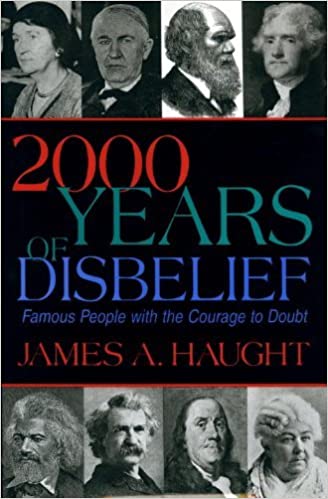This piece was reprinted by OpEd News with permission or license. It may not be reproduced in any form without permission or license from the source.
Singer Harry Belafonte said: "You can cage the singer but not the song."
Philosopher-lecturer Ralph Waldo Emerson (1803-1882) wrote: "Whenever they burn books they will also, in the end, burn people."
The American Library Association and Association of American Publishers said jointly:
"The freedom to read is essential to our democracy. It is continuously under attack. Private groups and public authorities in various parts of the country are working to remove books from sale, to censor textbooks, to label 'controversial' books, to distribute lists of 'objectionable' books or authors, and to purge libraries."
---
America's First Amendment forbids any law "abridging the freedom of speech, or of the press" -- yet conservatives spent centuries trying to banish sex from written or spoken acknowledgement.
Historically, prudish censors banned writings by Charles Baudelaire, Gustave Flaubert, Honore de Balzac, James Joyce, D.H. Lawrence, Henry Miller, Samuel Beckett, the Marquis de Sade and numerous others. An 1897 court ruling declared a newspaper called the Chicago Dispatch "obscene, lewd, lascivious and indecent." The 1760 novel Fanny Hill by John Cleland was outlawed in Boston as late as 1966.
Sex censorship peaked in the late 1800s under priggish Anthony Comstock (1844-1915), a Civil War veteran who had been offended by coarse language of fellow Union soldiers. In 1873 Comstock created the New York Society for the Suppression of Vice and began a lifelong career of stamping out sex.
That same year, he induced Congress to pass the notorious Comstock Law banning "obscene, lewd or lascivious" material from the mail or other public venues. It also outlawed mentions of birth control, abortion, venereal disease and the like. It even prevented anatomy textbooks from being mailed to medical students.
Comstock was made a postal inspector with a right to carry a pistol. He became a dynamo attacking and harassing all writers who mentioned sex. He called himself "a weeder in God's garden."
When Ida Craddock wrote marriage manuals containing sexual details, Comstock had her sentenced to federal prison. She committed suicide on the eve of reporting to jail.
Comstock alerted police about a George Bernard Shaw play, Mrs. Warren's Profession, and called Shaw an "Irish smut dealer." Shaw replied that "Comstockery is the world's standing joke at the expense of the United States." He said it makes Europeans see America as "a provincial place, a second-rate, country-town civilization after all."
Comstock repeatedly prosecuted Margaret Sanger, founder of Planned Parenthood, for advocating birth control. He boasted that he caused 4,000 arrests, drove fifteen people to suicide, destroyed fifteen tons of books and 284,000 pounds of plates for printing books.
Conservative sexual censorship continued for decades in America. In 1940, publisher Jacob Brussel reprinted Henry Miller's Tropic of Cancer describing his sex life as an American in France in the 1930s. Brussel was thrown into prison for three years. In 1961, Grove Press again printed the book and was forced to spend $100,000 fighting sixty censorship cases. Pennsylvania's supreme court ruled that it is "not a book. It is a cesspool, an open sewer, a pit of putrefaction, a slimy gathering of all that is rotten in the debris of human depravity." However, in 1964, the Supreme Court ruled in Grove Press Inc. v. Gerstein that Cancer isn't obscene.
In subsequent rulings, the high court declared that sexual materials can be banned only if they violate three standards: (1) they appeal to prurient interest in ways that breach "contemporary community standards," (2) they are presented in "a patently offensive way" and (3) the entire work "lacks serious literary, artistic, political or scientific value." Since then, obscenity prosecutions have declined in America, and the Internet brought a flood of explicit sex of every imaginable sort.
---
(Note: You can view every article as one long page if you sign up as an Advocate Member, or higher).





